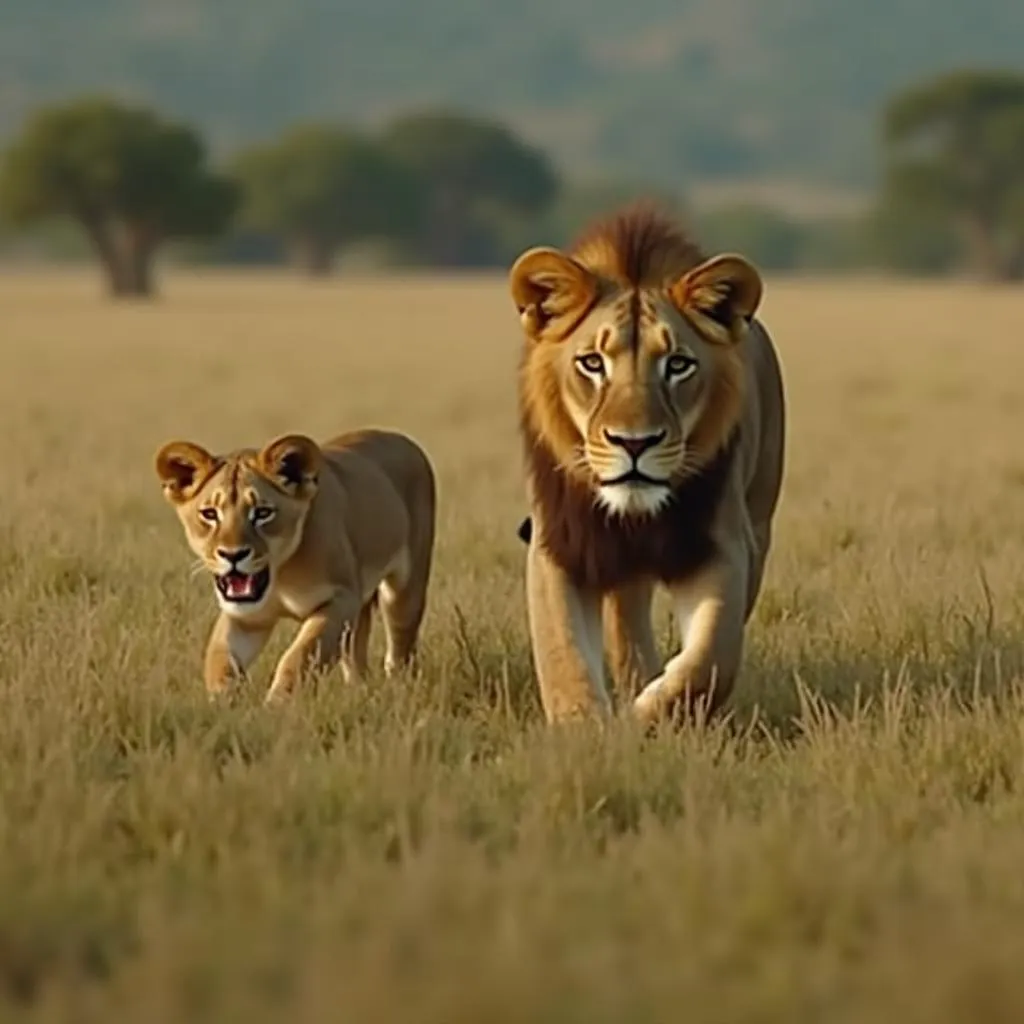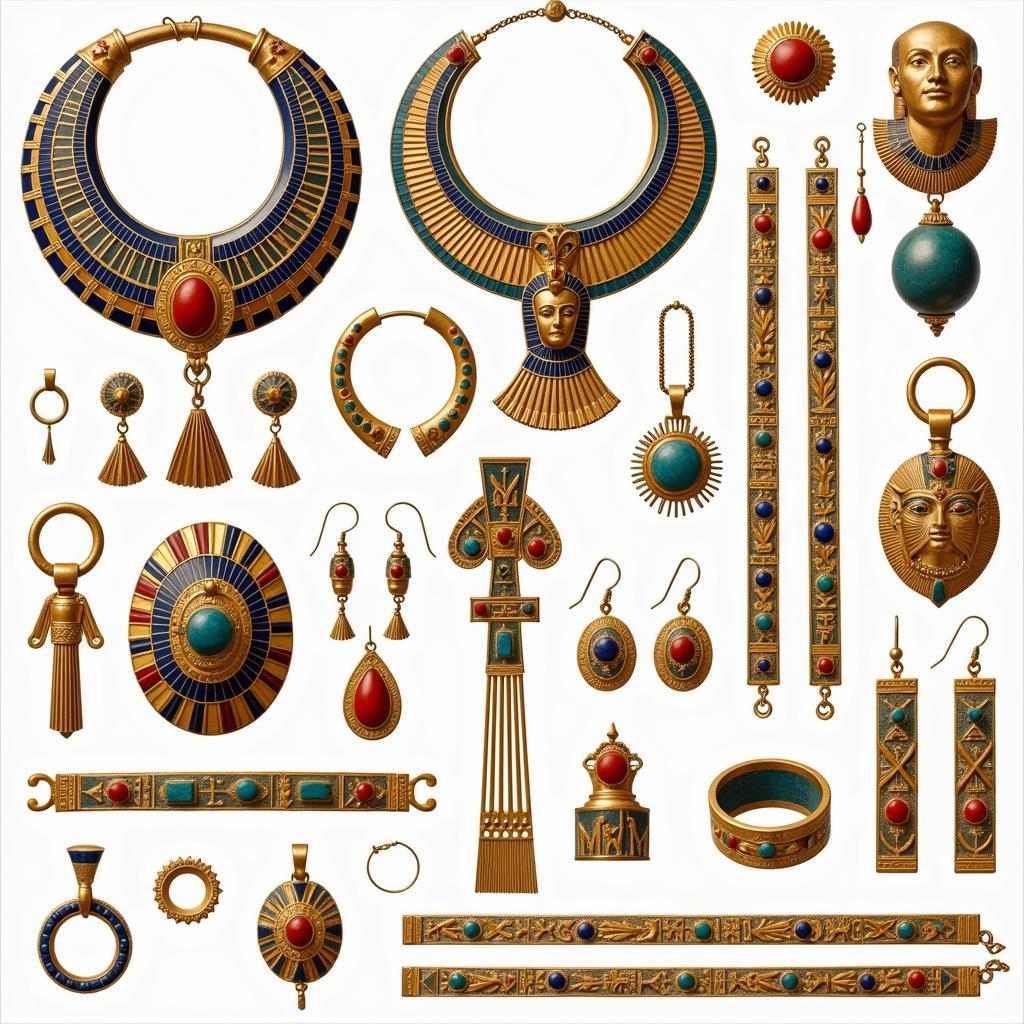African Economic Outlook: Macroeconomic Policies of Côte d’Ivoire
Côte d’Ivoire’s macroeconomic policies have played a crucial role in its economic development, shaping its trajectory within the broader African economic outlook. This article delves into the intricacies of these policies, examining their impact on various sectors and the challenges they face.
Understanding Côte d’Ivoire’s Economic Landscape
Côte d’Ivoire, the largest economy in the West African Economic and Monetary Union (WAEMU), has experienced significant economic growth in recent years. This growth has been driven by a combination of factors, including agricultural production (especially cocoa), robust infrastructure development, and strategic macroeconomic policies. However, the country still faces challenges such as income inequality, vulnerability to external shocks, and the need for further diversification of its economy.
A Deep Dive into the Macroeconomic Policies of Côte d’Ivoire
Côte d’Ivoire’s macroeconomic policies are primarily focused on maintaining stability, promoting growth, and reducing poverty. These policies encompass fiscal policy, monetary policy, and structural reforms. Fiscal policy aims to ensure sustainable public finances through efficient revenue mobilization and prudent expenditure management. Monetary policy, managed by the Central Bank of West African States (BCEAO), focuses on price stability and maintaining the fixed exchange rate regime with the euro. Structural reforms target improvements in areas such as business environment, governance, and human capital development.
Fiscal Policy: Balancing Revenue and Expenditure
The government of Côte d’Ivoire has implemented various fiscal reforms aimed at increasing revenue collection and improving public expenditure efficiency. These reforms include the modernization of tax administration, the introduction of new taxes, and the strengthening of public financial management systems. A key challenge remains the need to further broaden the tax base and enhance the effectiveness of public spending on social sectors like education and healthcare.
Monetary Policy: Maintaining Stability in the WAEMU Zone
As a member of the WAEMU, Côte d’Ivoire’s monetary policy is governed by the BCEAO. The primary objective of the BCEAO is to maintain price stability within the zone. This is achieved through instruments such as interest rate adjustments, reserve requirements, and open market operations. The fixed exchange rate with the euro provides stability and facilitates trade with European partners. However, it also limits the flexibility of monetary policy in responding to country-specific economic shocks.
Structural Reforms: Fostering a Conducive Business Environment
Côte d’Ivoire has undertaken several structural reforms aimed at improving the business environment, promoting private sector development, and enhancing competitiveness. These reforms include streamlining business registration procedures, strengthening property rights, and improving access to finance. The World Bank’s Doing Business rankings have shown improvement in recent years, reflecting the positive impact of these reforms.
The Impact of Macroeconomic Policies on Côte d’Ivoire’s Development
Côte d’Ivoire’s macroeconomic policies have contributed significantly to its economic progress. The combination of prudent fiscal management, stable monetary policy, and targeted structural reforms has created a relatively stable macroeconomic environment, attracting foreign investment and fostering economic growth. However, challenges remain in ensuring inclusive growth and addressing the needs of the most vulnerable segments of the population.
“Côte d’Ivoire’s commitment to sound macroeconomic policies has been instrumental in its economic recovery and growth trajectory,” says Dr. Awa Thiam, an economist specializing in West African economies. “However, continued efforts are needed to address structural bottlenecks and promote inclusive development.”
Côte d’Ivoire’s Economic Outlook: Future Prospects
Côte d’Ivoire’s economic outlook remains positive, driven by continued investment in infrastructure, agricultural diversification, and ongoing structural reforms. However, the country’s vulnerability to external shocks, such as fluctuations in commodity prices, underscores the need for continued vigilance and proactive policy adjustments. “Sustaining this positive momentum requires continued focus on strengthening institutions, improving governance, and investing in human capital,” adds Dr. Kofi Asante, a researcher at the African Development Bank.
Conclusion
The african economic outlook macroeconomic policies of Côte d’Ivoire have been crucial in shaping its economic trajectory. While significant progress has been made, continued focus on prudent fiscal management, sound monetary policy, and impactful structural reforms is essential for achieving sustainable and inclusive growth. Addressing challenges such as income inequality and vulnerability to external shocks will be crucial for securing Côte d’Ivoire’s long-term economic prosperity within the broader African economic context.
FAQ
- What is the main objective of Côte d’Ivoire’s monetary policy? (Maintaining price stability within the WAEMU zone)
- What are some of the structural reforms implemented in Côte d’Ivoire? (Streamlining business registration, strengthening property rights, improving access to finance)
- What is the role of the BCEAO in Côte d’Ivoire’s economy? (Managing monetary policy and maintaining the fixed exchange rate with the euro)
- What are some of the challenges facing Côte d’Ivoire’s economy? (Income inequality, vulnerability to external shocks, need for diversification)
- What is the outlook for Côte d’Ivoire’s economy? (Positive, driven by investment, diversification, and reforms, but vulnerable to external shocks)
- What are some key aspects of Côte d’Ivoire’s fiscal policy? (Efficient revenue mobilization and prudent expenditure management)
- How have macroeconomic policies impacted Côte d’Ivoire’s development? (Contributed to economic progress by creating a stable environment and attracting investment)
Need help? Contact us 24/7 at +255768904061, [email protected], or visit us in Mbarali DC Mawindi, Kangaga, Tanzania.


